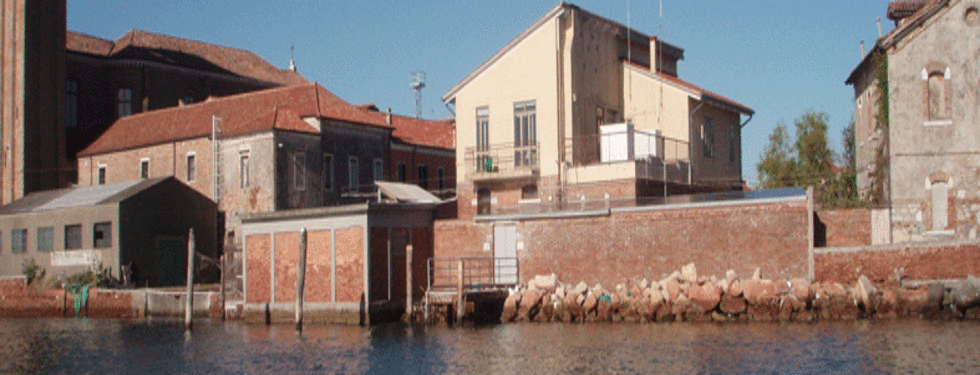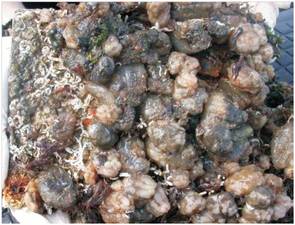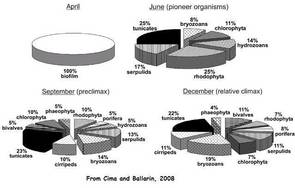Francesca Cima

Macrofouling ecological succession on hard substrata in the Lagoon of Venice: effects of antifouling paints and their low-impact alternatives
Francesca Cima , Loriano Ballarin
Ten-year analysis of the temporal evolution of the macrofouling biocoenosis of hard substrate in the southern basin of the Lagoon of Venice led to the development of an "environmental quality index" (Bioindex), which is sensitive to various environmental conditions and, in addition to biotic data, points out changes in physico-chemical parameters considered highly significant for the lagoon environment according to the EU directives.
We are focusing the problem of the disturbing effects in the Botryllus community, an benthic macrofouling association of hard substrate with various species of ascidians including dominant colonial species, by various antifouling paints widely used on the hulls and various artificial structures submerged in the lagoon area and, more recently, geotextiles used for the construction of anti-erosion barriers. The use of biodiversity indexes allows us to evaluate the effects on settlement capability by encrusting organisms, changes in community and to propose possible disturbing causes that lead to selection of dominant species often different from those of the natural climax.
Collaborations
Ricardo Calado (Departamento de Biologia & CESAM, Universidade de Aveiro, Campus Universitário de Santiago, Aveiro, Portugal); Peter J Craig (Department of Chemistry, De Montfort University, Leicester, UK); Markus A. Wetzel (Bundesanstalt für Gewässerkunde, Referat Tierökogie (U4), Koblenz, Germany
Selected publications
Cima F., Ballarin L., 2015. Immunotoxicity in ascidians: Antifouling compounds alternative to organotins - IV. The case of zinc pyrithione. Comp Biochem Physiol, 169C: 16-24.
Cima F., Ballarin L., 2013. A proposed integrated bioindex for the macrofouling biocoenosis of hard substrata in the lagoon of Venice. Estuar Coast Shelf Sc. 130: 190-201.
Cima F., Ferrari G., Ferreira N.G.C., Rocha R.J.M., Serôdio J., Loureiro S., Calado R., 2013. Preliminary evaluation of the toxic effects of the antifouling biocide Sea-Nine 211TM in the soft coral Sarcophyton cf. glaucum (Octocorallia, Alcyonacea) based on PAM fluorometry and biomarkers. Mar Environ Res 83: 16-22.
Cima F., Ballarin L., 2008. Effects of antifouling paints alternative to organotin-based ones on macrofouling biocoenosis of hard substrates in the Lagoon of Venice. Fresenius Environ Bull 17: 1901-1908.
Cima F., Craig P.J., Harrington C.F., 2003. Organotin Compounds in the Environment. In: PJ Craig (Ed) “Organometallic Compounds in the Environment”, Wiley & Sons Ltd, Chichester, pp. 101-149.







